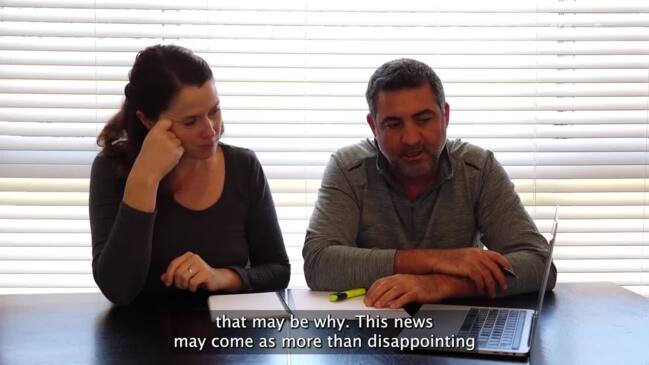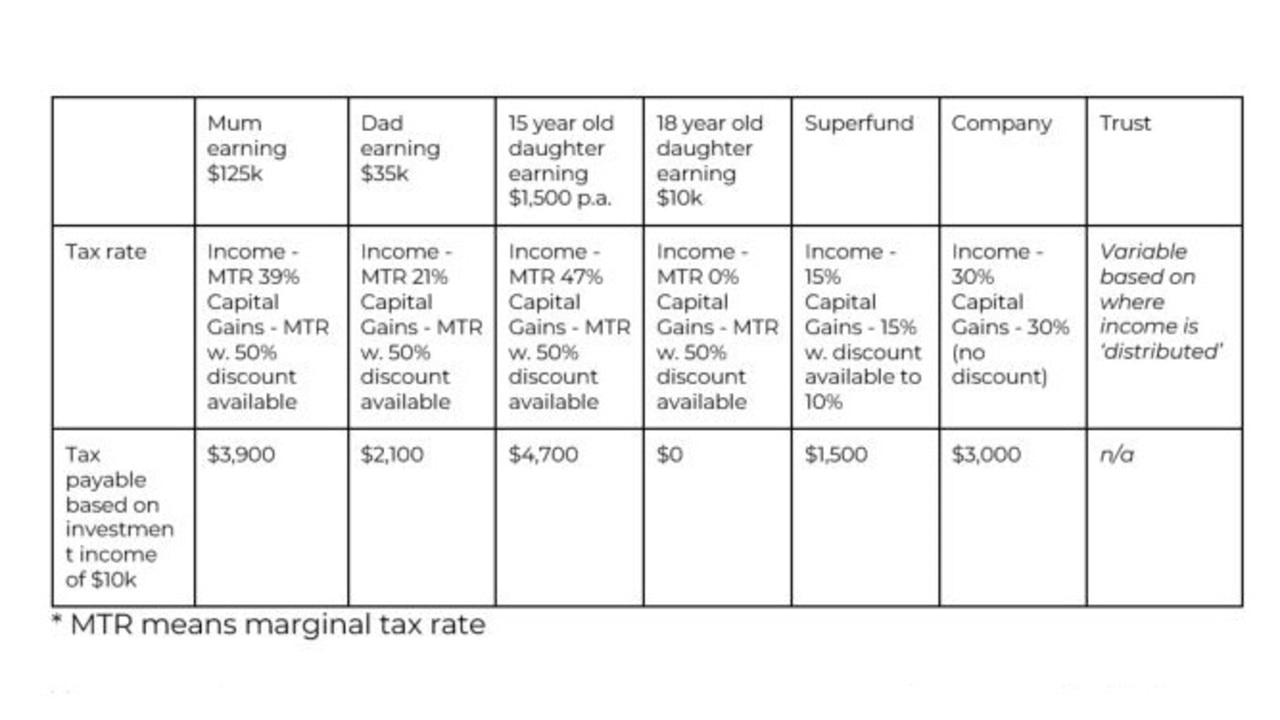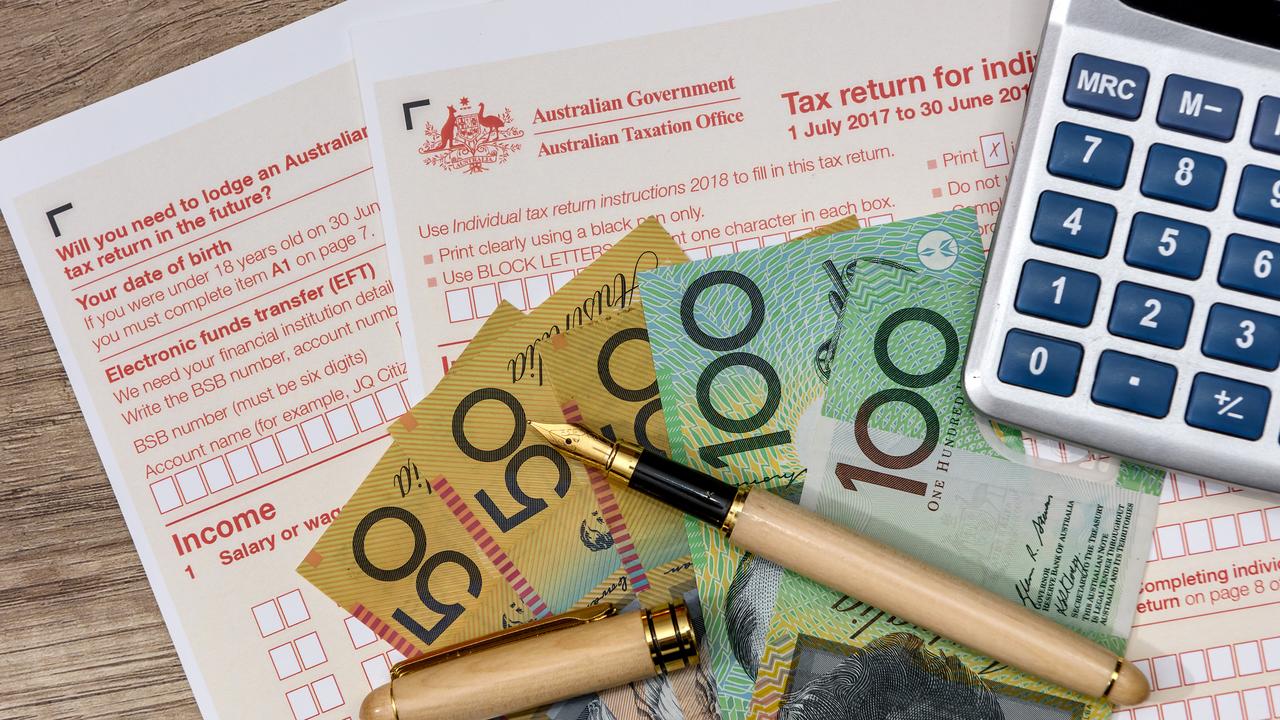‘Often overlooked‘: Simple ways to pay less tax in the new financial year
Fall into this common cash trap and you’ll be costing yourself money this year – and every year into the future as well.

Every year when the new financial year starts, I get chatting to a lot of people who are looking at what they can do to cut their tax bill and get the best outcome when they submit their tax return.
But the reality is that after the financial year has finished, the things you can do to change your tax position are limited.
The best time to plan your tax is at the start of the financial year for the year ahead, not for the year that’s just finished.
This way you can make changes and set things up that will have a positive impact on your next tax return.

Investment ownership
This is often overlooked, but for most people it is the single biggest opportunity to pay less tax. What I mean by this is who or how you own your investments.
Your goal as an investor is to ultimately replace your employment salary with investment income. By definition, this means that over the years, you’ll build tens of thousands or even six figures-plus of investment income.
Having this income taxed effectively will make a big difference.
Consider this example showing the different tax outcomes for $10,000 of investment income received by different family members:

You can see from the above that the difference between paying tax at the highest rate (and therefore the potential tax saving) across these groups compared to the lowest is $4700, which is money you could use to grow your investments faster.
If you’re investing (and you should be), it can be difficult and expensive to restructure things after you’ve built up your portfolio.
Making smarter moves in the early days will create serious tax savings over time.
Use franked dividends
I recently wrote here about the magic of dividend franking credits and how they will save you thousands of dollars in tax every single year.
This strategy is so powerful it’s important for every investor to be across, but the short version is that investing into shares in big Australian companies means that when you receive your investment income (dividends) it will come with tax credits attached that will reduce your overall tax obligations.
Understand franking credits and how to use them to your advantage, and consider building a portfolio that will deliver you income with tax credits attached.

Good debt vs bad debt
In Australia, interest costs for any borrowing or debt for investment purposes is entirely tax deductible.
This means that borrowing to invest can give you some serious tax deductions at the same time as accelerating your investment building.
If you’re ever borrowing to invest, risk management is crucial – so you want to go in with your eyes wide open here – but this risk can be managed well when you’re smart with how you plan.
Another note here is that you should never invest for tax purposes alone.
If an investment doesn’t stack up without the tax benefits, it was probably never a good investment to begin with. Don’t let tax benefits blind you from the key investment fundamental that you should only ever invest into quality investments that will perform well into the future.
That all being said, smart debt can be a serious accelerator and is worth considering.
On the flip side, trying to get ahead with bad (non-deductible) debt is like driving a car with the handbrake on – progress is slow going and hard fought.
Personal and credit card debt should be first on your hit list, with high interest rates adding to the lack of tax deductibility creating a real challenge.
Non-deductible home mortgage debt comes next – here you want to consider paying this down or using a debt recycling strategy to eliminate this ‘bad’ debt over time.
Use your superannuation
The maximum rate of tax you pay on money made by your super fund is 15 per cent, paid by your super fund, not you personally. This means that superannuation is the single most tax-effective place you could invest money for the future.
To make things even better, you can claim a tax deduction for adding up to $27,500 per year to your super fund including any money contributed by your employer.

Because of the restrictions around accessing super, for most people, super won’t be the first place they look at when investing. But given the size and scope of the tax advantages, it also shouldn’t be the last.
You can start small here, and make regular deductible contributions to your super fund with a view to increasing these over time.
This way you’ll notice your investment less, and it also means you’re not scrambling at the end of the financial year to find the money to put in.
The wrap
In Australia we pay a lot of tax, and every dollar saved is another dollar you can use to squirrel away, invest or get ahead.
The rules can be complicated and confusing, and so many taxpayers end up overwhelmed and put their tax planning into the too hard basket.
But fall into this trap and you’ll be costing yourself money this year – and every year into the future.
It’s worth taking the time to get this right.
Ben Nash is a finance expert commentator, financial adviser and founder of Pivot Wealth, the creator of the Smart Money Accelerator, author of Replace Your Salary by Investing and host of the Mo Money podcast. He runs regular free online money education event which you can book here.






